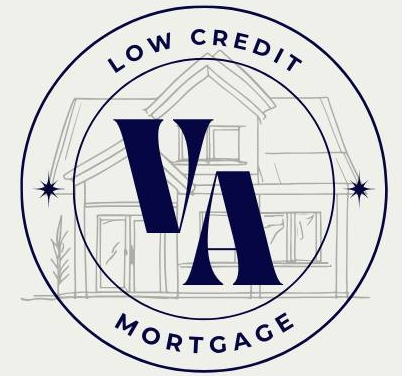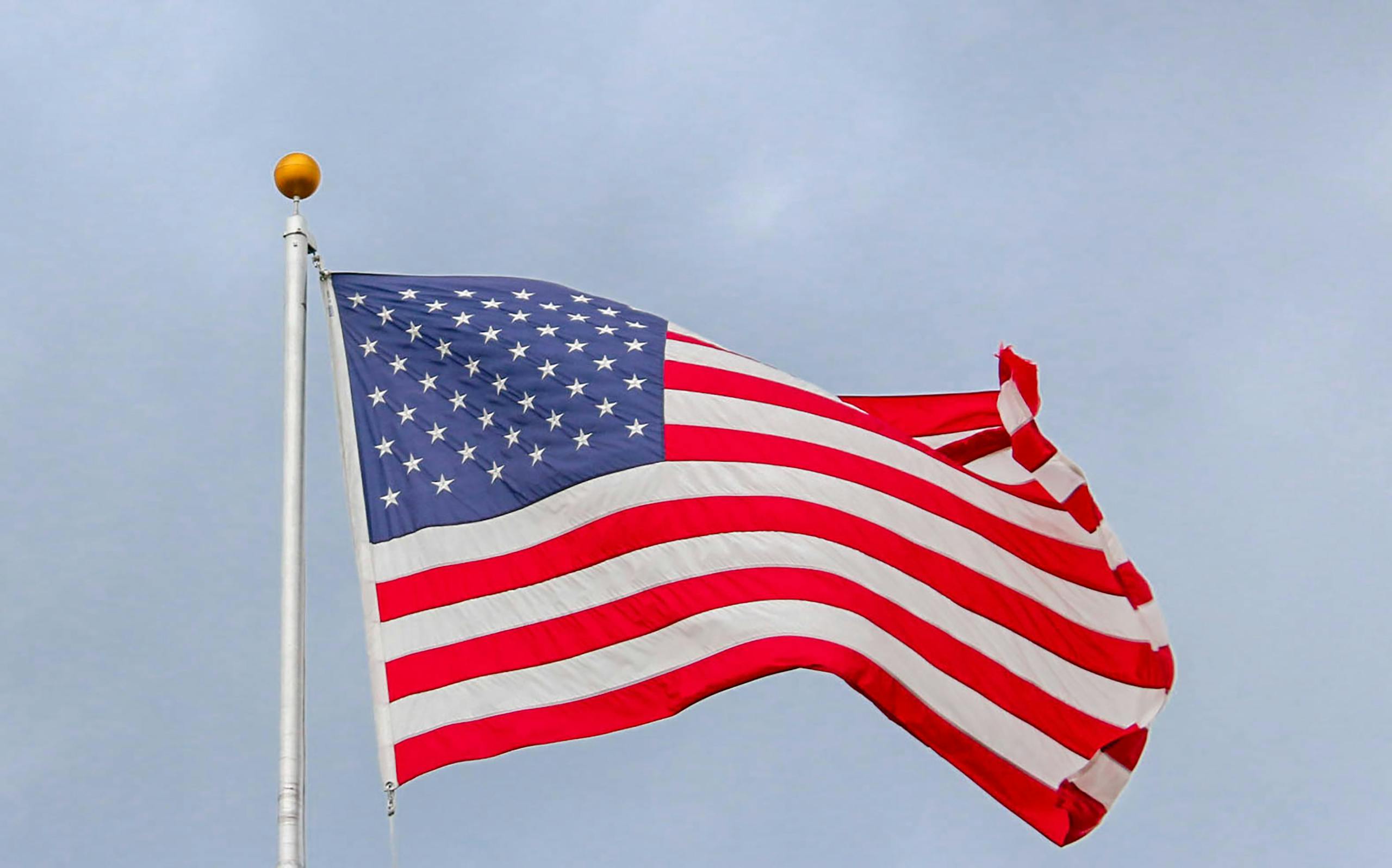Securing a VA Loan with a Chapter 13 Bankruptcy: A Step-by-Step Guide
If you’re a veteran or active-duty service member considering purchasing a home but have a Chapter 13 bankruptcy in your past, you’re likely wondering if you can still qualify for a VA loan. The good news is that it is possible to get a VA loan with a Chapter 13 bankruptcy. However, it requires careful planning, understanding of the rules, and sometimes patience. In this guide, we’ll break down everything you need to know about securing a VA loan after a Chapter 13 bankruptcy, along with expert tips to boost your chances of approval.
Understanding VA Loans and Chapter 13 Bankruptcy
What Is a VA Loan?
A VA loan is a mortgage option available to eligible veterans, active-duty service members, and certain members of the National Guard and Reserves. It is a government-backed loan that offers numerous benefits, including no down payment, lower interest rates, and more lenient qualification requirements compared to conventional loans.
What Is Chapter 13 Bankruptcy?
Chapter 13 bankruptcy, also known as reorganization bankruptcy, allows individuals to reorganize their debts and establish a repayment plan. Unlike Chapter 7 bankruptcy, which liquidates assets to pay off creditors, Chapter 13 allows individuals to keep their property while repaying creditors over a period of 3 to 5 years. While Chapter 13 provides a structured way to address debt, it can negatively affect your credit score and your ability to secure loans in the short term.
Can You Get a VA Loan with a Chapter 13 Bankruptcy?
VA Loan Guidelines for Borrowers in Chapter 13 Bankruptcy
The VA guidelines are generally more flexible than conventional loan guidelines, especially when it comes to past financial difficulties. However, there are still certain criteria that you must meet to qualify for a VA loan while under Chapter 13 bankruptcy:
1.Discharge or Completion of Chapter 13 Plan:
•Chapter 13 discharge: If your Chapter 13 bankruptcy has been discharged, you can typically apply for a VA loan immediately after the discharge. A discharge indicates that you have completed your repayment plan successfully.
•Active Chapter 13 Plan: If your Chapter 13 case is still active and you’re making regular payments, you may still be eligible for a VA loan, but your lender will likely require proof that you’ve made on-time payments for at least 12 months.
2.On-time Payments: Lenders will want to see that you’ve been making consistent, timely payments on your Chapter 13 plan. If you’ve had any late or missed payments, your application for a VA loan may be denied.
3.Proof of Re-established Credit: After filing for Chapter 13 bankruptcy, you’ll need to demonstrate that you’ve re-established credit and managed your finances responsibly. This may include showing a positive payment history on other credit accounts, such as credit cards, auto loans, or personal loans.
4.Debt-to-Income (DTI) Ratio: Lenders will examine your DTI ratio, which is the percentage of your monthly income that goes toward debt payments. VA guidelines generally allow for a higher DTI ratio than conventional loans, but it still must be within acceptable limits.
5.VA Lender’s Specific Requirements: While the VA provides guidelines, individual lenders may have more stringent requirements. It’s important to check with potential lenders to understand their specific terms and conditions.
Timeline for Applying After a Chapter 13 Bankruptcy
•If Your Chapter 13 Plan is Ongoing: You may be able to qualify for a VA loan if your Chapter 13 repayment plan is active and you’ve made at least 12 months of on-time payments. You will need the approval of the bankruptcy court to proceed with the loan.
•If Your Chapter 13 is Discharged: Once your Chapter 13 bankruptcy has been discharged, you can typically apply for a VA loan immediately. The discharge acts as proof that you have completed your repayment plan.
The Impact of Bankruptcy on Your VA Loan Eligibility
While a Chapter 13 bankruptcy will affect your credit score and financial history, the VA loan program is generally more forgiving compared to conventional loans. This means that even if you have filed for Chapter 13 bankruptcy, as long as you meet the necessary criteria, you may still be able to secure a VA loan.
How to Improve Your Chances of Getting Approved for a VA Loan After Chapter 13
1. Ensure Consistent Payments
The key to qualifying for a VA loan while in Chapter 13 bankruptcy is maintaining a consistent payment history. Lenders want to see that you can manage your finances and meet your obligations, both during and after the bankruptcy process.
2. Rebuild Your Credit
After your bankruptcy, focus on rebuilding your credit score. Regularly pay your bills on time, reduce credit card balances, and avoid taking on new debt unless absolutely necessary. A higher credit score can improve your chances of loan approval.
3. Provide Documentation
Prepare documentation that shows the bankruptcy is behind you, including your bankruptcy discharge papers (if applicable), a payment history for your Chapter 13 plan, and any other relevant financial documents. Full transparency with your lender will make the approval process smoother.
4. Consult a VA Loan Specialist
Given the complexity of obtaining a VA loan after bankruptcy, working with a VA loan specialist who understands the ins and outs of the process can be invaluable. These professionals can help guide you through the process, ensure that you meet all the requirements, and improve your chances of success.
5. Consider a Larger Down Payment
While the VA typically does not require a down payment, offering a larger down payment can help demonstrate your financial responsibility and improve your chances of approval. A larger down payment may also reduce the lender’s perceived risk.
Common Myths About VA Loans and Chapter 13 Bankruptcy
Myth 1: You Can’t Get a VA Loan While in Chapter 13
While it’s true that you cannot apply for a VA loan until you’ve completed your Chapter 13 plan or received a discharge, you can still qualify while your Chapter 13 case is active, provided you meet the requirements.
Myth 2: A Chapter 13 Bankruptcy Automatically Disqualifies You for a VA Loan
This is not true. The VA loan program has more lenient requirements than conventional mortgages, so a Chapter 13 bankruptcy does not automatically disqualify you. As long as you meet the lender’s conditions, you can still qualify.
Myth 3: You Must Wait for Years After Bankruptcy to Apply
There is no required waiting period after a Chapter 13 discharge to apply for a VA loan, so long as you meet the requirements and the lender feels confident in your ability to repay the loan.
Conclusion: Can You Get a VA Loan After Chapter 13?
Yes, you can get a VA loan with a Chapter 13 bankruptcy, but it requires careful planning and meeting specific requirements. The key factors include completing your repayment plan, maintaining a consistent payment history, and rebuilding your credit. The VA loan program is designed to be more flexible than conventional loans, making it one of the best options for veterans and active-duty service members who have had financial setbacks.
If you’re ready to move forward with purchasing a home after bankruptcy, consult with a VA loan expert to understand your options and take the necessary steps toward homeownership.
Related Resources:
•VA Loan Eligibility Requirements
•How Chapter 13 Bankruptcy Affects Your Credit
By following the steps in this guide, you can improve your chances of qualifying for a VA loan and secure the home of your dreams, even with a Chapter 13 bankruptcy in your past.

